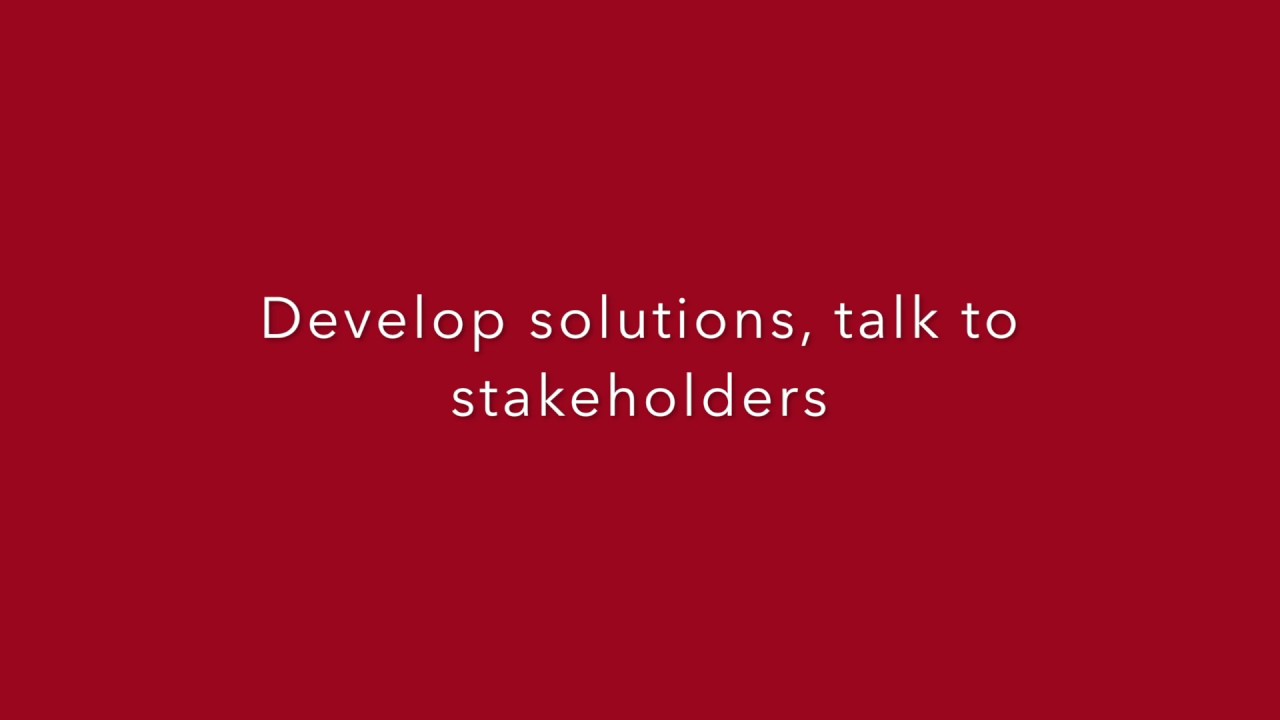Project introduction and background information
Beginning professionals in general and student teachers in particular, often feel anxiety about their workplace (teaching) tasks (cf. Kyriacou, 2001). This anxiety impedes their ability to perform in a classroom because it prevents them from achieving their desired goals such as managing a group of students, high-‐quality transfer of knowledge and skills, and gathering good learning results (Durban & Alontaga, 2013). Research shows the relation between classroom anxiety and self-‐efficacyamong teachers (Friedman & Kas, 2002). Therefore beginning teachers need to increase the extent of their control over the challenging situations and eliminate or considerably diminish their classroom anxiety.In previous studies, it was found that with teaching experience, classroom anxiety gradually decreases while attitudes to classroom control increases (Fuller, 1969). One possible way to reduce teacher anxiety are ‘virtual internships’ based on the theory of situated learning (e.g. Sadler, 2009). This theory suggests that students learn best when they have an opportunity to take consequential action in realistic settings. Shaffer and colleagues (Chesler, Ruis, Collier, Swiecki, Arastoopour & Shaffer, 2015) developed and deployed, by means off the ‘Syntern platform’, virtual internships in STEM context. “For example, in a STEM virtual internship, students are presented with a complex, real-‐world problem for which there is no optimal solution. Student project teams read and analyze research reports, perform experiments using virtual tools and analyze the results, respond to the requirements of stakeholders and clients, write reports and proposals, and present and justify their proposed solutions. During the virtual internship, students communicate with one another using build-‐in email and instant message systems. They also receive directions, feedback, and guidance from non-‐player characters (NPCs), such as their boss or company stakeholders, whose actions are controlled by a combination of artificial intelligence (AI) and human domain managers using scripted material in the simulation.Through flexible scripts and automated processes, NPCs answer students’ questions, offer suggestions, guide reflective conversations, facilitate student collaboration, and provide support (Shaffer, Ruis & Graesser, 2015).” Virtual internships can also be valuable for classroom simulation. By means of these virtual internships a unique and safe learning environment can be created which helps student teachers prepare for the transition to educational practice. It allows them to practice given tasks and interactions, to solve educational problems and to correct mistakes, similar to what they will experience in their future classroom. As a result, they develop a framework that supports their response to the challenges they will face in educational practice. By result their classroom anxiety is expected to decrease.
Objective and expected outcomes
The aim of this educational innovation project is the realization of a virtual internship in the Master Science Education and Communication as a new innovative way for simulating classroom practice. As a result, student teachers’ reduced classroom anxiety and more rich practical experiences are also objectives of this project.
By realizing a virtual internship, this educational innovation project aims to gather insights into improved preparations of student teachers for educational practice.
The developed virtual internship and insights could also be valuable for the training of TU/e teachers (initial qualification didactic competencies/‘BKO’) or provide leads for the different faculties of the TU/e for the preparation of engineering students for their future workplace tasks.
During this project, a virtual internship as a new innovative way for preparing student teachers for educational practice will be developed in the Master Science Education & Communication and evaluated. As a result, student teachers’ classroom anxiety will reduce and they will encounter richer practical experiences. The project is successful when this process creates an understanding of the pedagogical constraints of such a virtual internship. These insights are also valuable for the preparation of TU/e engineering students for their future jobs.
Results and learnings
Because this study was performed with a small sample it is advised to perform future research with a larger sample. Furthermore, in future research virtual internships could be improved based on the results of our study. For instance, it could be examined how a virtual internship with decision three relates to professional anxiety, work engagement and professional efficacy.

